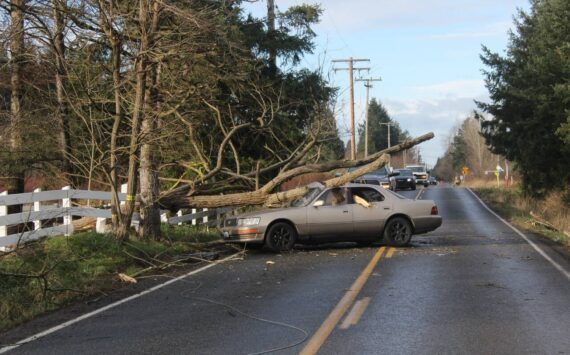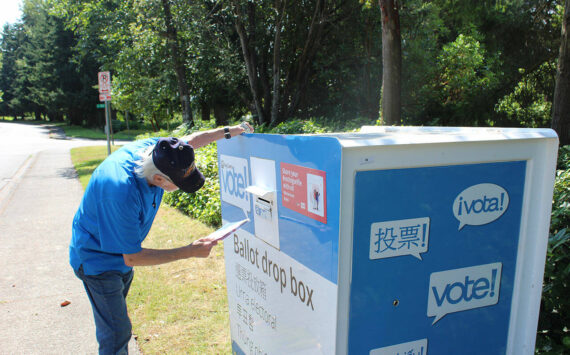Philip Services Corp., a toxic-waste handler in Tacoma, has been fined $43,000 by the state for allowing an explosion to occur inside a hazardous-waste tank and for not properly identifying and tracking its wastes.
Although no injuries occurred, the explosion had the potential to threaten human health and the environment, according the Department of Ecology (Ecology), which issued the penalty. Ecology’s investigation also found Philip had violated its waste-handling permit on several counts.
“Philip provides an important service, but like any business that deals with hazardous materials, it must take steps to protect people and the environment. The permit provides instructions on how to do this,” said Darin Rice, acting manager of Ecology’s hazardous-waste program.
Rice said the explosion and resulting release could have been more severe. “We are lucky no one was injured.”
The incident occurred during the evening of Aug. 5, 2004, when hydrogen gas built up in a 21,000-gallon tank that Philip was using to treat waste that contained sodium borohydride.
Ecology’s investigation found that because Philip had not properly identified its wastes, its worker did not know that sodium borohydride was in the tank and that it was potentially explosive. In addition, Philip did not take other extra precautions for the hazardous mixture.
Rice said the explosion and Philip’s procedural errors leading up to it are Ecology’s biggest concerns.
“The incident would not have happened if Philip had adequate knowledge of what was in the tank, as required by the permit,” said Rice.
Meanwhile, Philip has agreed to no longer accept certain wastes for treatment until it has a more protective waste-handling system under a modified permit.
“Safety is our top concern,” said Morris Azose, Philip’s vice president of environmental affairs. “Along with our regulators from Ecology, we continuously look for ways to make sure our waste-handling operations reflect best-in-the-industry standards.
“Even though we have successfully treated the waste materials in question on many occasions, we are using this incident as an opportunity for a full review of our procedures for handling the particular wastes involved as well as others with similar properties,” Azose said.
Individuals and industries pay waste handlers, such as Philip Services Corp., to take in their waste products. Waste handlers temporarily store wastes in tanks and containers before they treat wastes for proper disposal or recycling.
Philip Services Corp. also does business in Washington as Burlington Environmental Inc. Burlington is a wholly owned subsidiary of Phillip Services.




